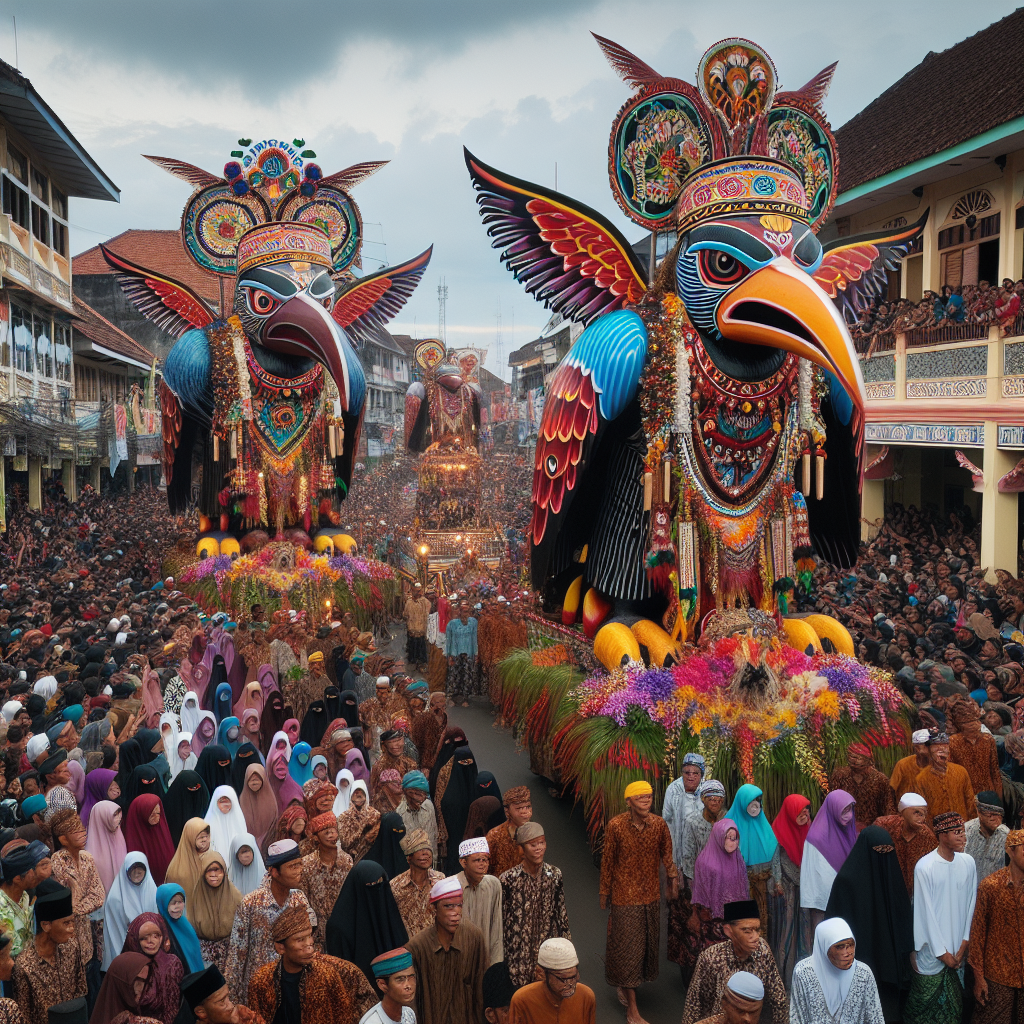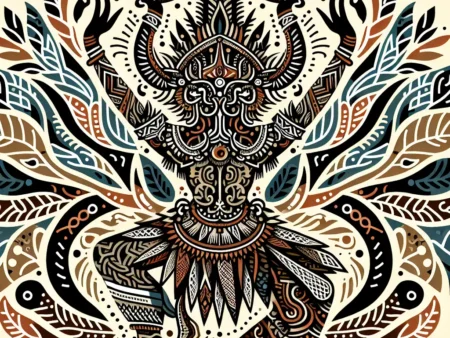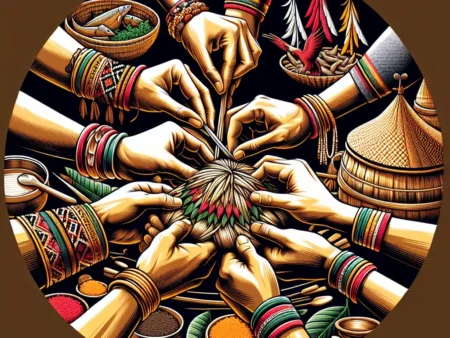Tradisi Tabuik di Pariaman: Perayaan Muharram yang penuh keharuan, menghormati peristiwa tragis dalam sejarah Islam.
Tradisi Tabuik di Pariaman: Perayaan Muharram Penuh Keharuan
-
Table of Contents
Introduction

The Tabuik tradition in Pariaman is a deeply rooted cultural celebration that takes place during the month of Muharram in Indonesia. This annual event is filled with solemnity and reverence, as it commemorates the martyrdom of Imam Hussein, the grandson of Prophet Muhammad. The Tabuik tradition holds great significance for the people of Pariaman, as it represents their strong connection to their religious and cultural heritage. In this article, we will explore the history, rituals, and significance of the Tabuik tradition in Pariaman.
History of the Tabuik Tradition
The Tabuik tradition in Pariaman has its roots in the Ashura rituals practiced by Shia Muslims around the world. Ashura is observed on the 10th day of Muharram, the first month of the Islamic calendar, and marks the day when Imam Hussein was martyred in the Battle of Karbala in 680 AD. The tradition of Tabuik was brought to Pariaman by Shia Muslim traders from India and Persia in the 19th century.
Arrival of Shia Muslim Traders
During the 19th century, Pariaman was a bustling port city on the west coast of Sumatra. It attracted traders from various parts of the world, including Shia Muslims from India and Persia. These traders settled in Pariaman and brought with them their religious and cultural practices, including the Tabuik tradition.
Adaptation and Localization
Over time, the Tabuik tradition in Pariaman underwent adaptation and localization, blending with the local Minangkabau culture. The Minangkabau people, who are predominantly Sunni Muslims, embraced the Tabuik tradition and incorporated it into their own religious and cultural practices. This fusion of traditions resulted in a unique celebration that is distinctively Pariaman.
Rituals and Festivities
The Tabuik tradition in Pariaman is marked by a series of rituals and festivities that span over several days. The main highlight of the celebration is the construction and procession of the Tabuik, which is a symbolic representation of the tomb of Imam Hussein.
Construction of the Tabuik
Months before the Tabuik procession, skilled craftsmen in Pariaman start building the Tabuik structures. These structures are made from bamboo, wood, and colorful fabrics. The construction process is meticulous and involves intricate designs and decorations. The Tabuik structures are built in different sizes, with the largest ones reaching up to 10 meters in height.
Procession of the Tabuik
On the day of the procession, the Tabuik structures are carried through the streets of Pariaman in a grand parade. The procession is accompanied by traditional music, chants, and prayers. The atmosphere is filled with a sense of solemnity and devotion as the participants pay their respects to Imam Hussein.
Symbolic Rituals
Throughout the Tabuik procession, various symbolic rituals take place. These rituals include the reenactment of the Battle of Karbala, where participants dress up as warriors and act out key scenes from the battle. Other rituals involve the sprinkling of rose water, the burning of incense, and the offering of prayers.
Significance of the Tabuik Tradition
The Tabuik tradition holds great significance for the people of Pariaman, both religiously and culturally. It serves as a reminder of the sacrifices made by Imam Hussein and his followers in their struggle for justice and truth. The tradition also fosters a sense of unity and community among the people of Pariaman, as they come together to honor their shared heritage.
Religious Significance
For Shia Muslims, the Tabuik tradition is a way to express their devotion and love for Imam Hussein. It is a time of mourning and reflection, as they remember the tragic events of Karbala and the suffering endured by Imam Hussein and his family. The Tabuik tradition allows Shia Muslims in Pariaman to connect with their religious roots and strengthen their faith.
Cultural Significance
The Tabuik tradition has become an integral part of the cultural identity of Pariaman. It showcases the rich diversity of Indonesian culture and highlights the harmonious coexistence of different religious beliefs. The celebration attracts visitors from all over Indonesia and even from abroad, contributing to the local economy and promoting tourism in the region.
Conclusion
The Tabuik tradition in Pariaman is a captivating and deeply meaningful celebration that honors the memory of Imam Hussein and his sacrifice. It is a testament to the resilience and adaptability of cultural traditions, as it has evolved and thrived in the unique context of Pariaman. The Tabuik tradition serves as a reminder of the importance of preserving and celebrating our cultural heritage, as it connects us to our past and shapes our collective identity.







